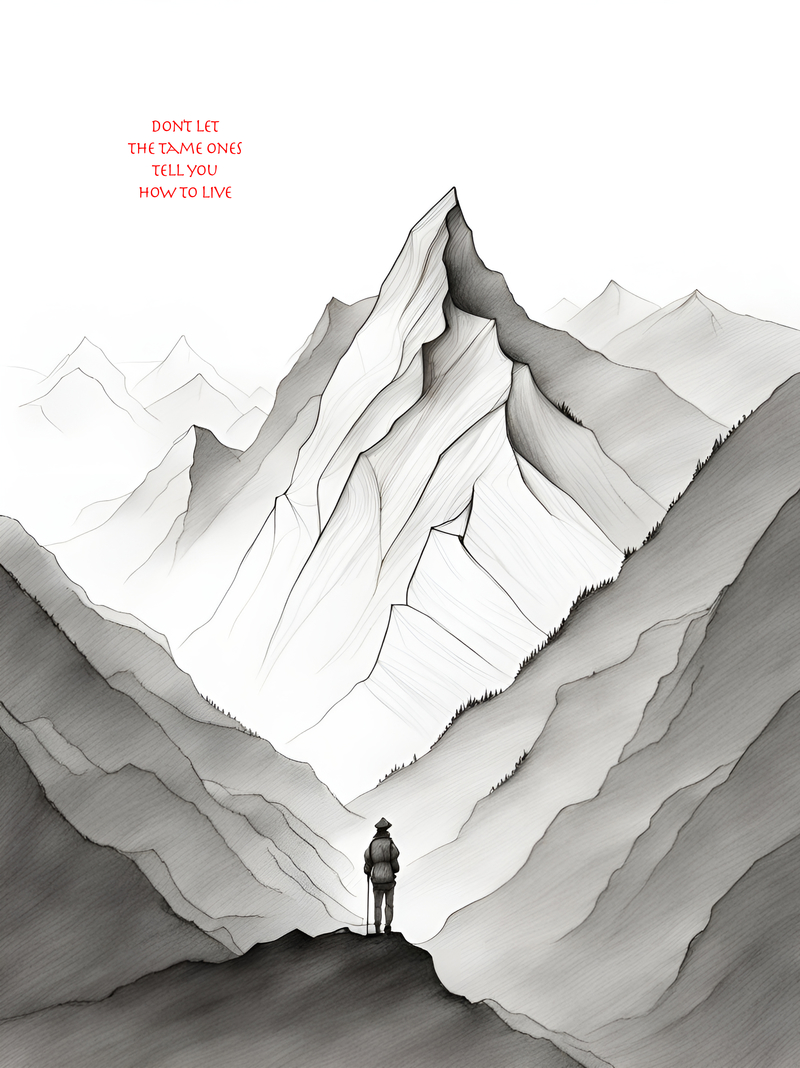“Social media is still an energy exchange… in case you were wondering why you’re exhausted all of the time.”
Unknown
Beyond the Quote (245/365)
When it comes to social media, what do we do if what we post causes other people pain? Assuming that’s not the intention, I find this to be a very valid concern when one of the main criticisms of social media use is the pain it can cause. The pain in seeing others in seemingly happy relationships. The pain in seeing people post exotic pictures from across the globe when you’re stuck at home. The pain in seeing distorted perceptions of beauty and then comparing it to yourself. The pain in seeing other people hit milestones that you haven’t even set as goals for yourself. The pain that comes from comparing highlight reels to your “normal” reels. Not wanting to contribute to any of that, the question that I find constantly stirring in my mind is, what moments to share and what moments to keep to myself?
Not an easy question to answer. But, as is evidenced by all of my timelines across social media platforms, one answer that I’ve defaulted to is to focus primarily on sharing content that is insightful, thought-provoking, and/or of value in some way/shape/form. This is certainly one avenue that you might think would contribute to the greater good and less so to the collective pain in the social media world. And while you’re not alone in that thought, it certainly isn’t unanimously agreed upon. Insightful, thought-provoking, “of-value” posts can cause just as much pain as any other posts when looked at from the right, negative perspective. “Look at him posting these, ‘book chapters’ as posts—want to rub it in anymore that you know how to write?” Or, “And yet, another inspirational post—WE GET IT, YOU’RE DISCIPLINED!” Or, “Why must he constantly bring up things that I DON’T WANT TO THINK ABOUT?” You get the idea.
What I have come to realize is that, regardless of what you post, someone can always find a way to feel pain from it. If it’s good—it reminds them of something bad. If it’s bad—then it ruins their mood. If it’s a milestone accomplishment—it’s something that they haven’t done. If you’re asking for help or posting about a problem—you’re whiney and dramatic. And so it goes. Here’s the deal: what you post is your perception of your reality. How people perceive your post and contrast it to their worlds and their experiences is their reality. You can’t be responsible for sharing posts that take into consideration everybody’s perceptions and realities! It’s impossible. And it would be a futile effort anyway because as we’ve already discussed, you won’t ever be able to please every single reader from every single perspective anyway.
So, what does this mean? Well, to be clear, it doesn’t necessarily mean you should just post whatever you want, whenever you want, and ignore how people might feel about it. Because, again, to be clear, you’re posting to a SOCIAL media timeline. You are contributing to a platform that is supposed to connect people and give them access to ideas, opinions, and content that is worthy of their time. And, if you don’t contribute positively to that idea, then you’ll slowly get ostracized and your voice will get more and more muted (not only by others, but the social media algorithms themselves).
You should still consider carefully what you share and try your best to contribute constructively to the ongoing dialog. You might even consider sharing more of your “normal” moments and less of your “highlight reel” moments, too? A balanced sharing strategy might bring the overall social media stigma down from it’s already unrealistic, painfully perfect, and superfluous level that it seems to be at now. But, all-in-all, the takeaway here is, share whatever the hell is important to you.
One of the reasons social media is so popular is because happiness is only real when shared—and social media allows you to do that instantly with hundreds, thousands, even millions. It gives you that dopamine kick that keeps you feeling good about your accomplishments. It also allows you to stay in touch with other people’s accomplishments. It can keep you accountable to an ongoing task or mission (like these daily posts). It can expose you to different opinions and facilitate important dialog and conversations. It can provide a way to connect with like-minded people who you might never have met otherwise. And the list goes on.
Ultimately, social media is what you make of it. It’s a PLATFORM. You get to choose how to use it. You get to choose who to befriend, who to follow, and who to share with. You ALSO get to choose who to block, who to unfollow, and who to ignore. It’s a two way street. And if your timeline is causing you more pain than pleasure than you should consider two things: 1) Why am I connected to all of these people that are causing me pain/ how can I change who I’m connected to… 2) Why am I causing myself so much pain in seeing what other people are posting/ how can I change my attitude towards others?
Because just like pain can cause negative consequences, it can also cause positive consequences. What if the pain that makes someone feel bad, moves another person to action and gets them to finally change something that they were too comfortable to change before? PAIN can be a tool. And so who’s to say that pain should even be avoided altogether? And who’s to say that you should be the one to shield or protect others from “pain?” Be and let be. Do you and let other people do themselves. Work your way through your path and let other people work their way through theirs. Help when possible. Let go when you can’t. Post what’s important to you. And don’t take anything from others personally. On socials and in reality.
Read Next: Is Social Media Bad? …Not if You’re Mindful It’s Not.
NEW In The Shop: Don’t Let The Tame Ones Tell You How To Live [Poster]
Why We ♥ It: Some of the best advice I (Matt here) ever got was: don’t take life advice from people who aren’t living a life you want to live and don’t take criticism from people you wouldn’t go to for advice. I created this poster to act as a reminder to listen more closely to our role models and less closely to our critics, trolls, and tamed-comfort-zone-hugger acquaintances. It’s also a perfect gift for the outdoor adventurer, travel enthusiast, or solo explorer (or soon to be). Available in print or digital download. 👇🏼
...Want to advertise your book, product, or service? Send inquiries to matt@movemequotes.com.

Written by Matt Hogan
Founder of MoveMe Quotes. On a mission to help busy people do inner work—for better mental health; for healing; for personal growth. Find me on Twitter / IG / Medium. I also share daily insights here. 🌱
It has taken me 1,000’s of hours to build this free library for you. If it has helped you, you can support my continued effort here. ☕️
